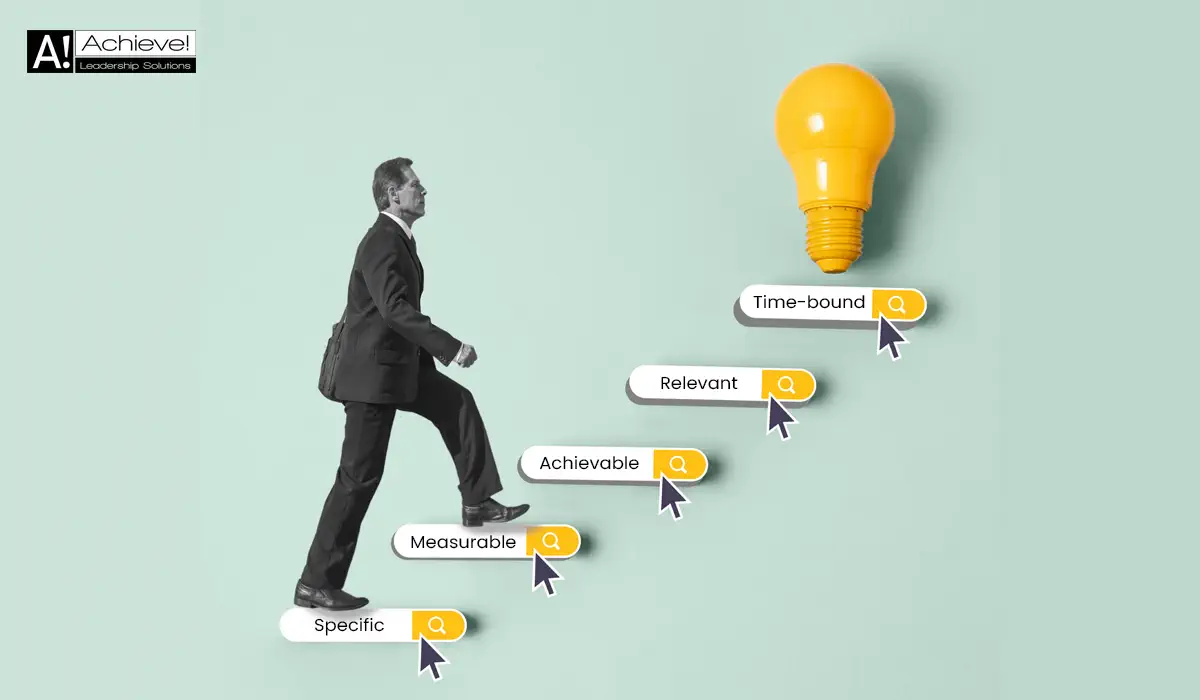You have probably heard of the telephone game, where the first person whispers a phrase in the next person’s ear, then they whisper it to the next person, and so on. The message is usually completely different when the whisper reaches the first person. The telephone game is used as an example of loss of meaning as we communicate. People laugh at the difference in the original versus the final phrase, which is the end… unfortunately.
Why do we resign to the fact that there is miscommunication, and will be, and don’t do anything about it? Good communication should be our goal, and I will argue that ‘direct’ is the best way to communicate.
What is ‘Direct’ Anyway

Here is a quick and easy definition of Direct so that we are on the same page as we move forward. Direct communication means saying what you mean without beating about the bush.
Here is a personal anecdote to demonstrate direct communication and what is not. I was asked to create a strategy to take our software solutions to market. After quite some research, I put one together and started presenting it to my colleagues before taking it to the management. I got all ‘it’s good’ comments but no criticism.
I finally took it to my manager… and it bombed! I was getting all good and probably all negative feedback, too, but it was so indirect that I couldn’t recognize it. It’s my fault, too, but it would’ve been so much easier and efficient if someone had said, “That section on go-to-market strategy doesn’t align with our company culture.”
For clarity, direct may mean blunt and even brutally honest, but it does not have to be rude. We’ll talk about that a little later.
At Work
Direct communication means efficiency, productivity, and more free-flowing discussions in the work context. Jack Welch was the CEO of GE from 1981 to 2001 and took it from $14 billion to $ 410 billion. In his book, he considers direct communication, which he calls ‘candor,’ one of the main reasons for his success.
Bridgewater is one of the largest and most respected investment management companies. They record all their meetings and make them available to all employees – all meetings are open to all employees! Talk about direct!
McKinsey, one of the largest and most respected consultancy companies, requires employees to provide honest feedback in each meeting; holding back is considered a breach of trust and dishonesty.
Personal Relationships
Taking it to personal relationships, I will start with a question: how is your communication with your best friends? For me, it’s more direct than with anyone else. If I don’t like something they did, I tell them. The same goes with them. We don’t try to find the most excellent words to use when we don’t like something they say or do. We say it like it is.
That doesn’t happen with just everyone. And why is that? There are different responses, but they all have a common denominator, “There is already enough trust between good friends that niceties are not needed.” And that is true. The higher the trust, the less the chance that whatever you say will be taken the wrong way. And also because your best friends know you are on their side.
You should consider this: you have direct communication with your friends not because there is trust; there is trust because you have direct communication. Let me repeat: trust is not the cause of direct communication; direct communication is the reason you have trust.
Do you disagree with that? Ask yourself this question: Would you feel easier talking to someone for the first time if they have the reputation of being a “straight talker” or “you can never tell what they are thinking”?
The response to the above question becomes even easier when you realize that “direct” doesn’t have to be rude.
What Can You Do?
If you choose to try out face to face communication with someone, choose wisely. Most will like the natural style, but not everyone may take the change to it quickly!
Here are a few tips that can help you become a direct communicator without coming across as brash, rude, or some other words that are more commonly used for rude natural communicators:
- Set the stage especially when the talk is essential: e.g., I am on your side, and I am telling you this because I care for you, or love you, etc. Sometimes, I say, “You won’t like what I am about to say, but you should know, and I consider it my responsibility to tell you.” Or you can even ask, them “Can I tell you something that you may not like but that will be useful for you?”
- Be respectful: When emotions are involved, e.g., in personal chats, you can use the “I” statements. You can refer to company policies, rules, and guidelines in a work environment. Always provide feedback in private if there is any chance that the recipient may take it negatively in front of others.
- Be ready to listen to a rebuttal and gauge if a counter-rebuttal should best be held back.
I took my own advice. I was going to name this blog “Ditch the Drama – Say What You Mean,” but I thought that might be a little rude. So, go direct, say what you mean!




